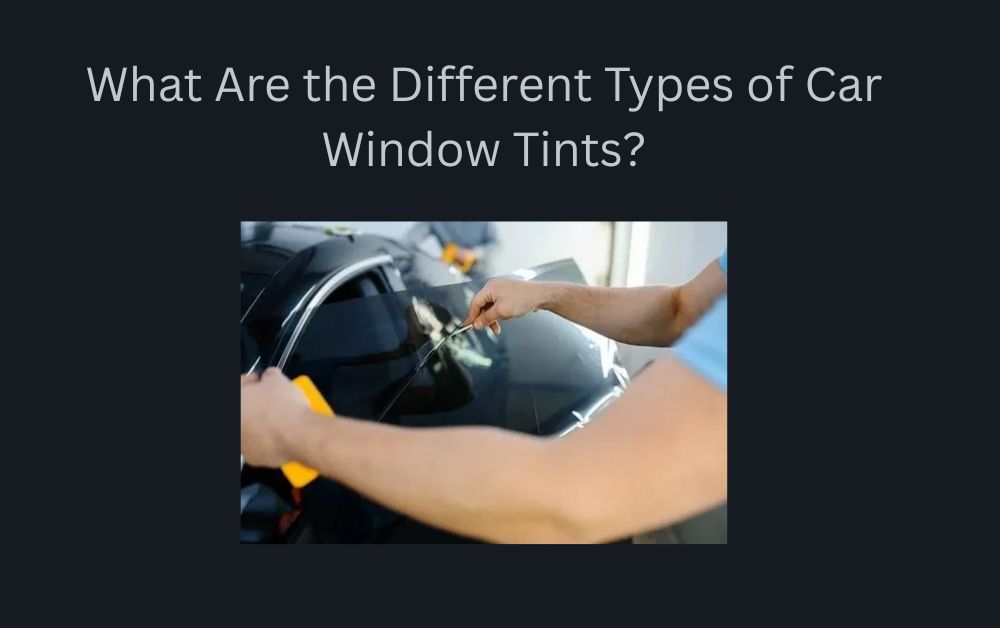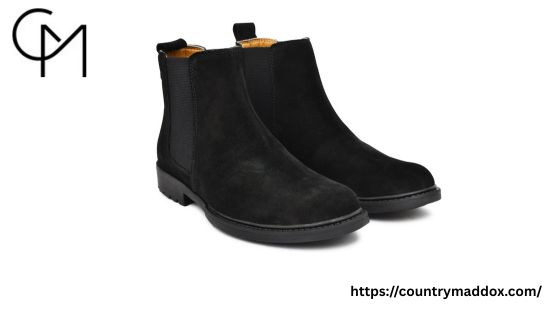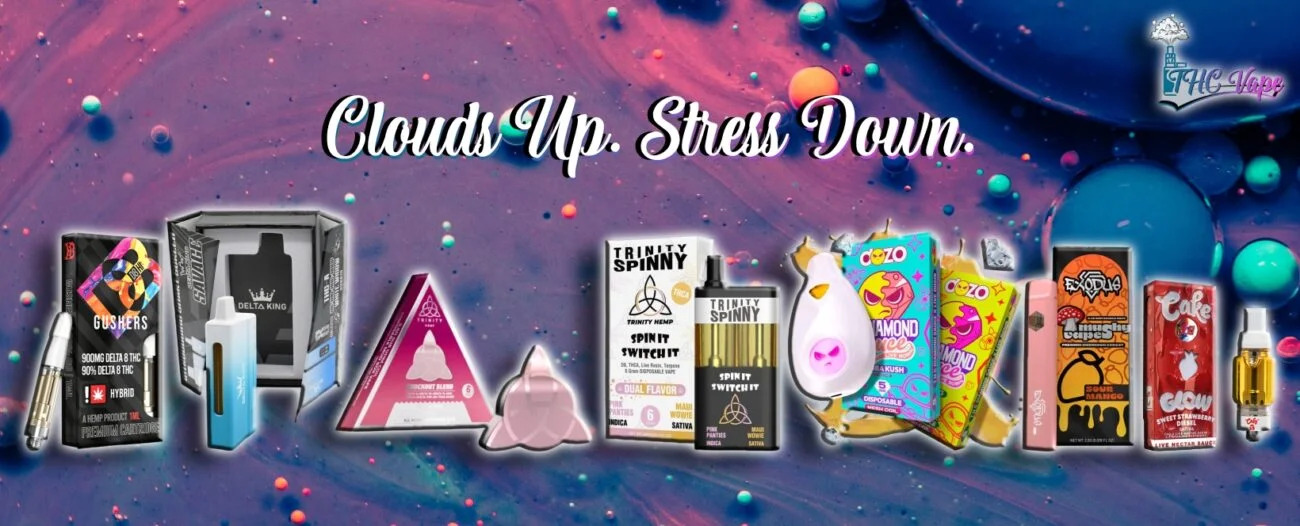Car window tinting is not just about making your vehicle look cool. It also protects you from heat, sun rays, and gives you more privacy while driving. But with so many types of tints available today, it can be confusing to choose the right one.
This blog will help you understand the different types of car window tints, their benefits, and how to decide which one is best for your needs. Whether you are a first-time car owner or just thinking about upgrading your windows, this guide is simple, easy to read, and made for everyone.
Why Do People Tint Their Car Windows?
Before we dive into the types of tints, let’s understand why people tint their windows in the first place.
1. Protect from Sun Heat
Window tints help block sunlight and reduce heat inside the car, especially in hot weather.
2. UV Protection
Good-quality tints can block up to 99% of harmful UV rays. This protects your skin and your car’s interior from fading.
3. Privacy and Security
Tinted windows make it harder for others to see inside your car, which gives you more privacy and protects valuable items.
4. Glare Reduction
Tints can reduce glare from the sun or headlights, making driving safer and more comfortable.
NOTE: Want better comfort, privacy, and protection for your car? Don’t wait any longer! Get expert vehicle glass tinting today and enjoy a cooler, safer, and more stylish driving experience. Book your tinting service now and drive with confidence!
Different Types of Car Window Tints
Now, let’s explore the main types of window tints used for cars. Each one has its own features, benefits, and cost.
1. Dyed Window Tint
What Is Dyed Tint?
Dyed tint is the most affordable and commonly used window tint. It is made by placing a layer of dye between an adhesive layer and a protective top coating.
Benefits:
- Budget-friendly
- Reduces glare
- Gives a dark and stylish look
Drawbacks:
- Doesn’t block much heat
- Can fade over time
- Less durable than other types
Best For:
People who want privacy and a dark look at a low cost.

2. Metalized Window Tint
What Is Metalized Tint?
Metalized tint has tiny metal particles in the film that reflect heat and sunlight. It is stronger than dyed tint and offers better protection.
Benefits:
- Good heat and UV protection
- Strong and long-lasting
- Scratch-resistant
Drawbacks:
- May interfere with GPS, radio, or mobile signals
- More expensive than dyed film
Best For:
Drivers who want stronger heat control and a shiny, reflective look.
3. Carbon Window Tint
What Is Carbon Tint?
Carbon tint contains carbon particles that block heat without interfering with signals. It offers a matte black finish and is very durable.
Benefits:
- Excellent UV and heat protection
- Won’t fade over time
- No signal interference
- Stylish matte look
Drawbacks:
- Costlier than dyed or metalized tints
Best For:
Those looking for long-lasting, high-performance tint with a sleek appearance.
4. Ceramic Window Tint
What Is Ceramic Tint?
Ceramic tint is one of the most advanced types available. It contains ceramic particles that block heat, UV rays, and glare without affecting visibility or signals.
Benefits:
- Highest level of heat and UV protection
- No fading over time
- Does not block GPS, radio, or phone signals
- Reduces glare and improves visibility
- Extremely durable
Drawbacks:
- Most expensive option
Best For:
Car owners who want the best performance, comfort, and long-term value.
5. Hybrid Window Tint
What Is Hybrid Tint?
Hybrid tint is a mix of dyed and metalized tint. It tries to give the benefits of both types while reducing their disadvantages.
Benefits:
- Good heat reduction
- Less signal interference than full metalized tints
- More durable than dyed tint
Drawbacks:
- Slightly more costly than dyed tint
- Some signal interference may still occur
Best For:
Drivers who want balanced performance at a mid-range price.
6. Crystalline Window Tint
What Is Crystalline Tint?
Crystalline tint is a special type of film that lets in more light while still blocking heat and UV rays. It’s almost invisible but very effective.
Benefits:
- Lets in more natural light
- Very high heat and UV protection
- Keeps car interiors cool without darkening windows
Drawbacks:
- Very expensive
- Does not offer much privacy due to clear appearance
Best For:
People who want sun protection without a dark window appearance.
Comparison Table: Types of Car Window Tints
| Type | Heat Protection | UV Protection | Cost | Signal Safe | Appearance |
|---|---|---|---|---|---|
| Dyed | Low | Medium | Low | Yes | Dark, simple look |
| Metalized | High | High | Medium | No | Reflective, shiny |
| Carbon | High | High | High | Yes | Matte, rich black |
| Ceramic | Very High | Very High | Very High | Yes | Clear or slightly dark |
| Hybrid | Medium | High | Medium | Slightly risky | Mix of dyed/metal look |
| Crystalline | Very High | Very High | Very High | Yes | Clear, almost invisible |
How to Choose the Right Tint for Your Car?
Choosing the right tint depends on your needs, budget, and personal style. Here’s how to decide:
1. Think About Your Budget
- On a tight budget? Go for dyed tint.
- Willing to spend more for performance? Ceramic or carbon is best.
2. Need Heat Protection?
- Choose metalized, carbon, or ceramic tints.
3. Want Privacy?
- Dyed, metalized, and carbon tints offer better privacy due to darker shades.
4. Worried About Signal Problems?
- Avoid metalized tints. Go with carbon or ceramic.
5. Prefer a Clear Look with High Performance?
- Crystalline tint is perfect for that.
Is It Legal to Tint Your Car Windows?
Yes, but every country or state has its own rules about how dark your car windows can be. These rules are usually based on something called Visible Light Transmission (VLT%)—the percentage of light that can pass through the window.
Check Your Local Laws:
- Most front windows need to allow more light (higher VLT%)
- Back windows often have fewer restrictions
- Windshields usually only allow a small tint strip at the top
Tips for Maintaining Your Window Tint
- Don’t roll down windows for at least 3 days after tinting
- Clean with soft cloths and ammonia-free glass cleaners
- Avoid sharp tools near tinted windows
- Get professional help for repairs or replacement
Conclusion: Choose the Tint That Suits You Best
Window tinting is a smart investment for your car. It adds comfort, style, and safety. Whether you want simple privacy or top-level sun protection, there’s a tint for everyone.
Take time to understand the different types of car window tints, and choose the one that fits your needs and budget. And always follow local rules to stay legal on the road.
For more insightful articles related to this topic, feel free to visit viewsparrow














